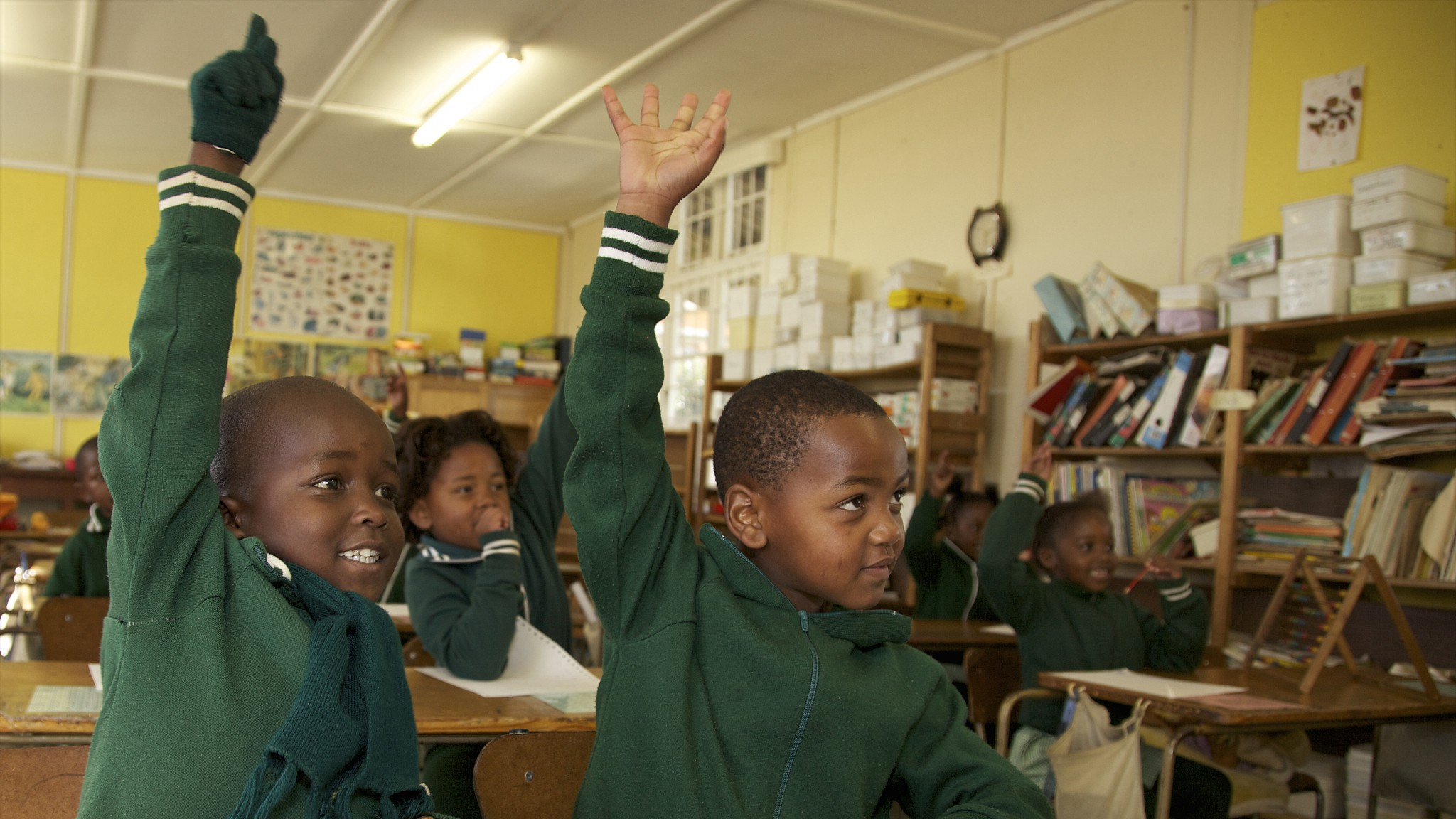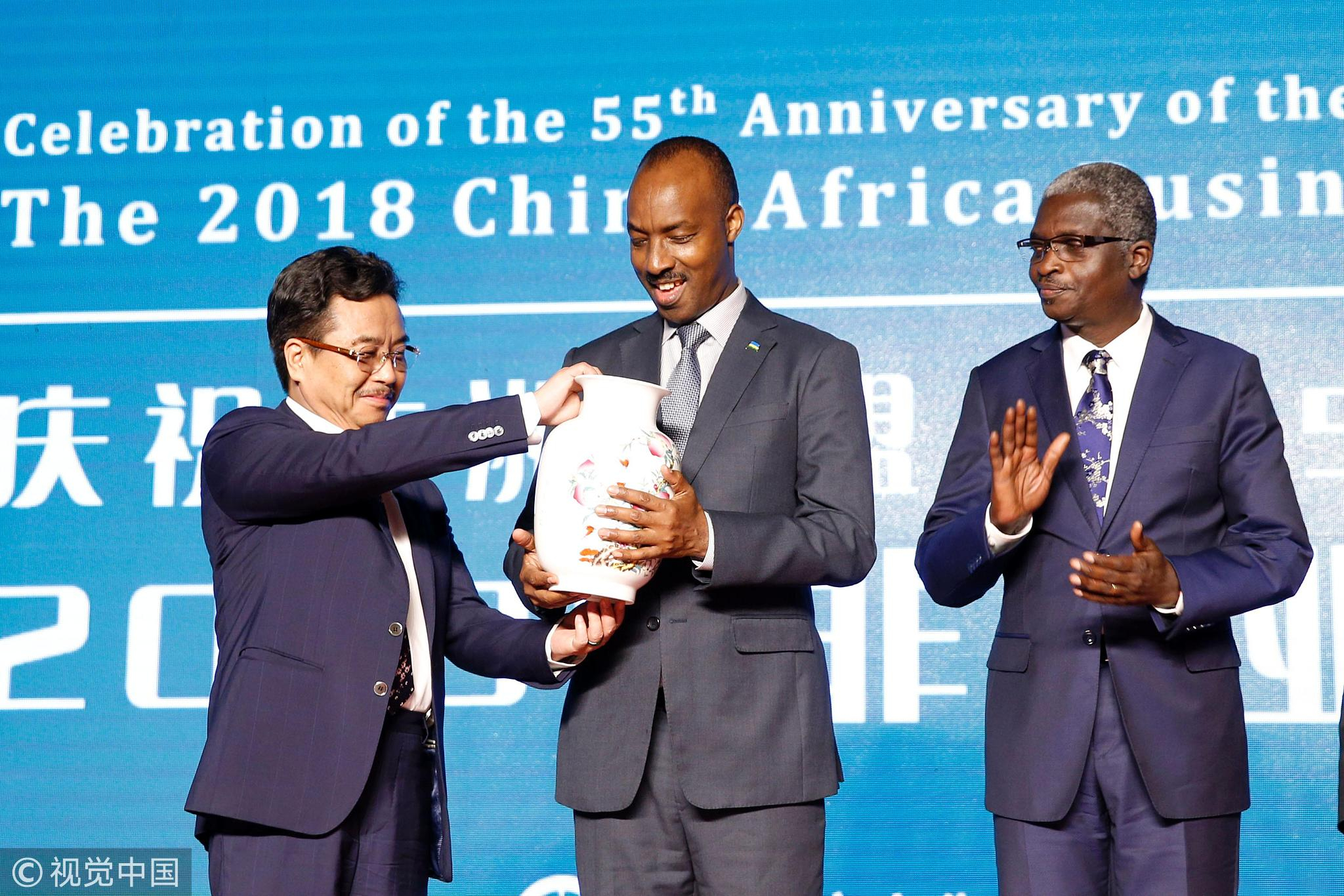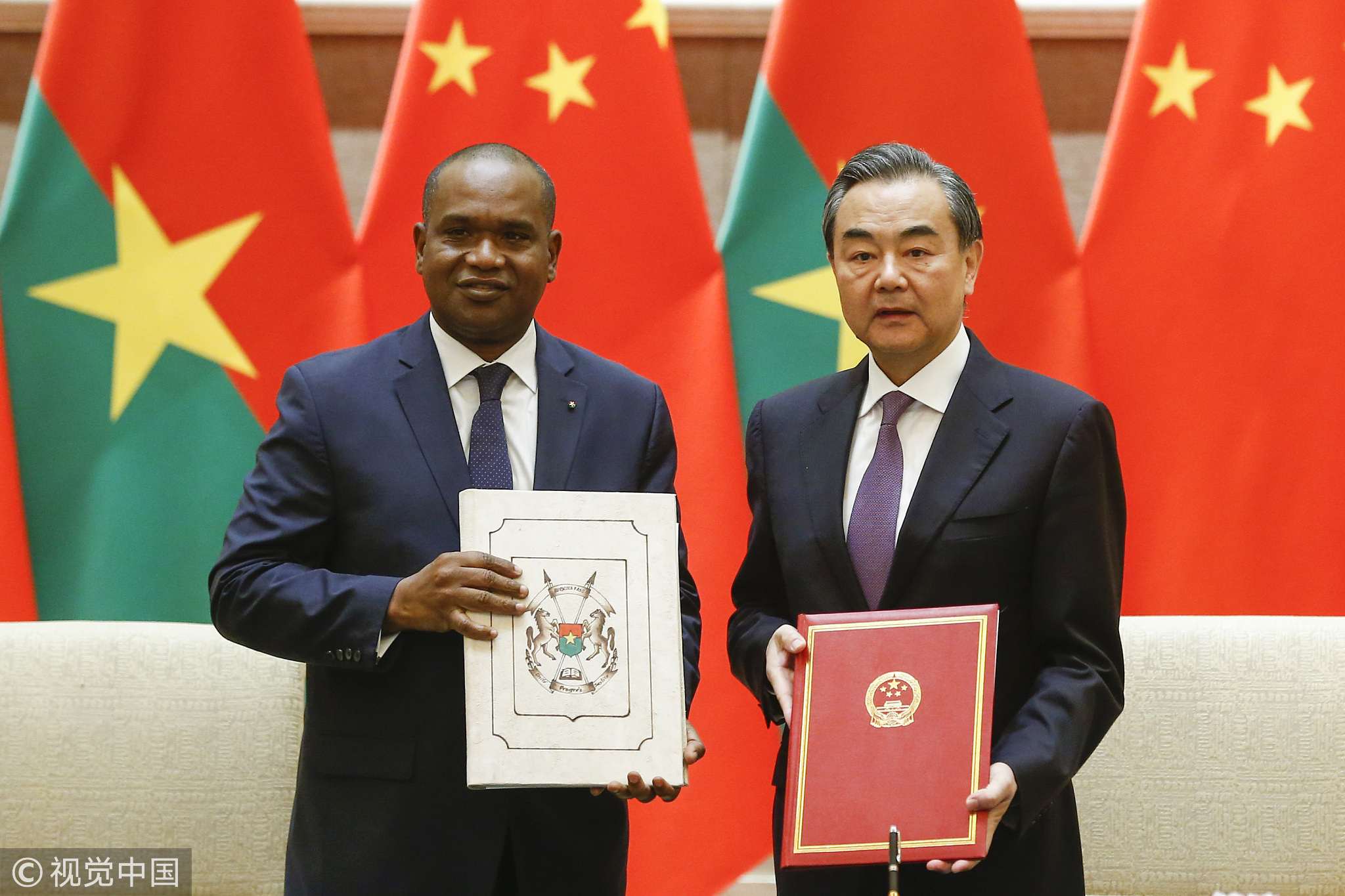
Opinions
15:39, 27-Jun-2018
Opinion: The past and future of China-Africa cooperation
Updated
14:42, 30-Jun-2018
Habibillah Ben Daoud

Editor's note: Habibillah Ben Daoud is a Ph.D. candidate at the school of international studies at Peking University. The article reflects the author's opinion, and not necessarily the views of CGTN.
Today, China-Africa security cooperation isn’t viewed as a sudden or surprising shift in China-Africa relations, as this cooperation has historical roots and has gradually evolved over six decades, with three different phases of continuous, upgraded cooperation into today’s comprehensive strategic and cooperative partnership.
First phase: From the 1950s to 1970s
The first phase of this historical development of China-Africa security cooperation started from the early 50s, after the establishment of the People’s Republic of China, and from the 50s to 60s, when some African Nations gained independence and others were seeking for independence at the time.
From the 1950s up to the late 1970s, China and Africa viewed themselves as equal and fresh from liberation struggles. They continued to fight for a total end vis-a-vis imperialism and colonialism; therefore establishing a bilateral relationship and enhancing mutual support were their core concerns.
Except for providing military support and enhancing political trust, China assisted in the achievements of Africa’s grand projects, such as the Tazara railway system, which helped free Zambia from its constrictions on trade routes dominated, then, by white minority-ruled Rhodesia (today’s Zimbabwe).
Second phase: From the late 1970s to 2000s
The second phase of this security development started up in the late 70s, when China announced its policy of Reform and Opening Up toward the world and, more importantly, to Western nations. China sought Western capital and development expertise in order to foster China’s industrialization.
This policy has not neglected Africa. In fact, it enhanced the level of diplomatic relations, when in December 1982 the then Chinese premier made 11 visits to different African countries to promote the “four principles” of Chinese cooperation with Africa.
As China understands, security can’t be achieved without development. Africa proved willing to establish cooperation with China. As a result, economic relationships were boosted in all dimensions. Subsequently, political relationships developed well.
Third phase: From the 2000s to now
The third phase of this security development began in 2000, when African Nations decided to transform their former Organization of African Unity (OAU) into the African Union (AU) as an organizational entity to deal with African problems, mainly stemming from security issues. The same year, China and Africa together launched the Forum on China and Africa Cooperation (FOCAC), as a multilateral institution for boosting China-Africa relations.
During the last summit of the FOCAC in December 2015, the Chinese President Xi Jinping recommended upgrading China-Africa relational framework from a “new type of strategic partnership” into a “comprehensive strategic and cooperative partnership”.

2018 China-Africa Business Forum was held in Beijing on May 24, 2018./VCG Photo
2018 China-Africa Business Forum was held in Beijing on May 24, 2018./VCG Photo
In the declaration of FOCAC 2015, both China and Africa agreed to continue supporting each other on security matters and maintain peace and security, to solve African problems through African solutions, and to support the building of a collective security mechanism in Africa. The FOCAC 2015 declaration was a watershed moment. It demonstrated that China and Africa have proceeded to a new stage of cooperation, which calls for new ideas and new routes for future cooperation.
The new era
As China and Africa entered into a new era of international development, both Chinese and African leaders have new challenges to tackle in a world of complexities, uncertainties and diversification. The Belt and Road Initiative is the core essential for the global roadmap, not only to meet an economic end, but also to promote peace, security and development by 2049.

China's Foreign Minister Wang Yi and Burkina Faso Foreign Minister Alpha Barry attend a signing ceremony establishing diplomatic relations between the two countries in Beijing on May 26, 2018./VCG Photo
China's Foreign Minister Wang Yi and Burkina Faso Foreign Minister Alpha Barry attend a signing ceremony establishing diplomatic relations between the two countries in Beijing on May 26, 2018./VCG Photo
The AU will succeed in peace and security by enhancing the capacity of the African States in not only seeking to deliver services and other governance goods but also in building the capacity to enforce order and implement laws.
Today, the AU’s most immediate concern is to quickly implement its necessary reforms in order to realize the Agenda 2063, starting with the mandate of silencing the gun by 2020, doubling intra-Africa Trade by 2022, by creating the African Monetary fund by 2023 among others in the 13 flagship projects under the first Ten-Year Implementation plan (2013-2023).
Both China and Africa address the similar concern of “Development”, and since security and development are intrinsically linked, China and Africa under the institutionalized framework of FOCAC with their unique and extensive cooperation, have to develop fresh ideas of cooperation based on common values for a common destiny for peace, security and development.

SITEMAP
Copyright © 2018 CGTN. Beijing ICP prepared NO.16065310-3
Copyright © 2018 CGTN. Beijing ICP prepared NO.16065310-3